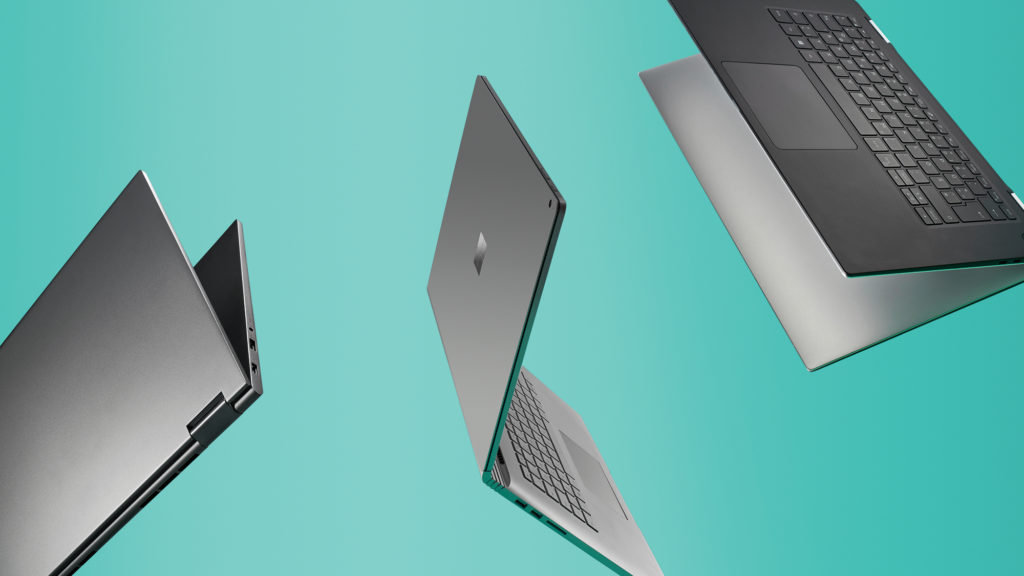When I started brainstorming blog ideas, I kept over-complicating what I thought might be important to all us of working from home. I though about VPNs, Citrix, Remote Desktop, and Cloud Storage, but I’m guessing most of you are already familiar with these products after working remotely for the last two-months. So what would you want to read about? Well, the one thing users will randomly ask my advice about is a choosing a laptop. Here’s a guide on what to look for the next time you purchase one.
Size
SIZE MATTERS! But it usually depends on what you’re doing. If you’re a graphic designer, you might want to have a bigger display. If you’re mobile, you might want something smaller. Size is usually a personal preference, but make sure to take into consideration what you’re using it for.
Screen and Keyboard
Nowadays you’ll want at least a full HD screen (1920×1080 pixel resolution). Our eyes are trained to see screens in that resolution, and if it’s lower, you might think it looks big and blurry. The keyboard could also be a personal preference, so make sure it’s comfortable to type on. Try it out if you can.
CPU
Intel Core Processor offers the best performance, especially when it comes to multitasking. If you have the budget, stay away from Core i3-based laptops. They are slow(er). Start with Core i5 and up. If you want top-of-the-line performance, go with a Core i7 or even the new Core i9 CPU.
RAM
More RAM (aka memory) allows for more applications to run simultaneously. 8 GB is recommended for most users, but if you’re dealing with a lot of applications at any given time, consider 16 GB and above.
Storage
Buy a solid-state drive (SSD), and thank me later. If you don’t, get used to the ‘spinning/loading’ icon. You’ll see it a lot. SSDs are also quiet and light.
Battery
You might be plugged in the whole day since you’re working from home, but in the long run, it’s better to factor in the battery life of your laptop. If your battery starts running low, your computer slows down. If possible, go with a 4-cell.
There you have it! I hope this is somewhat helpful or is a reference the next time you buy a laptop. Obviously, if you need more advice, Birds on a Cable is happy to help!

